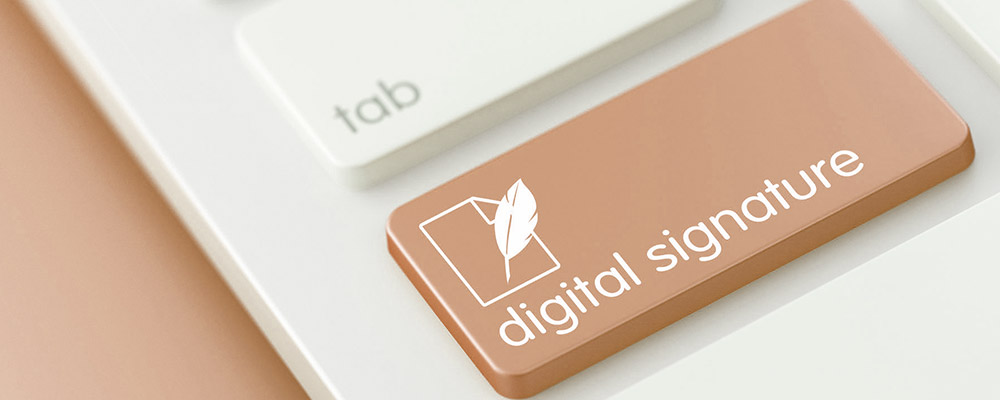Mailing List
To help us keep you updated with our handy guides and other useful news, please consider signing up to our mailing list.
It's quick and easy, and we promise not to send you spam or share your details with third parties.

The use of electronic signatures has now become standard practice in the legal sector, but there are a few potential pitfalls that you should be aware of to ensure that your documents are validly executed and your information is properly protected.
Validity of Electronic Signatures
While there are plenty of positives to signing documents electronically, if the legal formalities for signing documents (specifically deeds) are not followed then they are potentially invalid.
For a deed to be properly executed, it must be signed by each party in the presence of a witness who must attest the signature (this is usually dealt with by that witness also signing the document). If a company is party to a contract, it should be signed by:
- two directors;
- one director and the company secretary; or
- one director/the company secretary and a witness.
Where, traditionally, a legal document might have been signed at the office of a law firm with a solicitor witnessing the document, e-signatures create room for error when signing deeds. It would be very possible for a signatory to sign and then select the email address of someone on the other side of the world to act as a witness. Where the witness was not physically present at the point of signing, the deed is potentially invalid.
When e-signing a document that requires a witness, you should arrange for someone (who isn’t also signing the documents and who is over the age of 18) to be physically present with you, watching the screen on your device when you “sign” (whether that’s using a stylus or clicking a “sign” button on screen). A document isn’t validly witnessed over video-call, the witness must actually be in the room with you.
Confidentiality of electronic signatures
You should also be careful to avoid the confidentiality issues that can arise when using electronic signature platforms.
This is another potential pitfall when a document needs witnessing. With wet ink signatures, a witness might only see the signature page of the document that they need to sign. With electronic signatures, however, a witness will have access to the whole document that they are being asked to sign as a witness. We always recommend that when you select a witness for an e-signature, you should pick someone you trust and don’t mind having access to the document.
There are a number of practical considerations when signing a document using an electronic signature platform and advice should always be taken for the specific contract.
BHW’s Corporate and Commercial department can accommodate an e-signature completion process. For further information or advice, please contact our Corporate and Commercial team on 0116 289 7000 or email info@bhwsolicitors.com.
